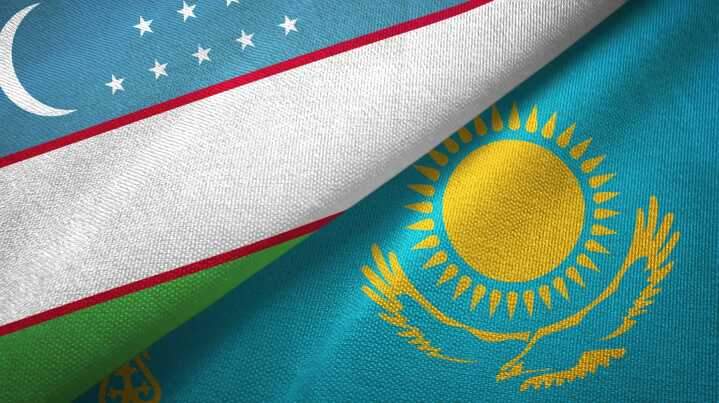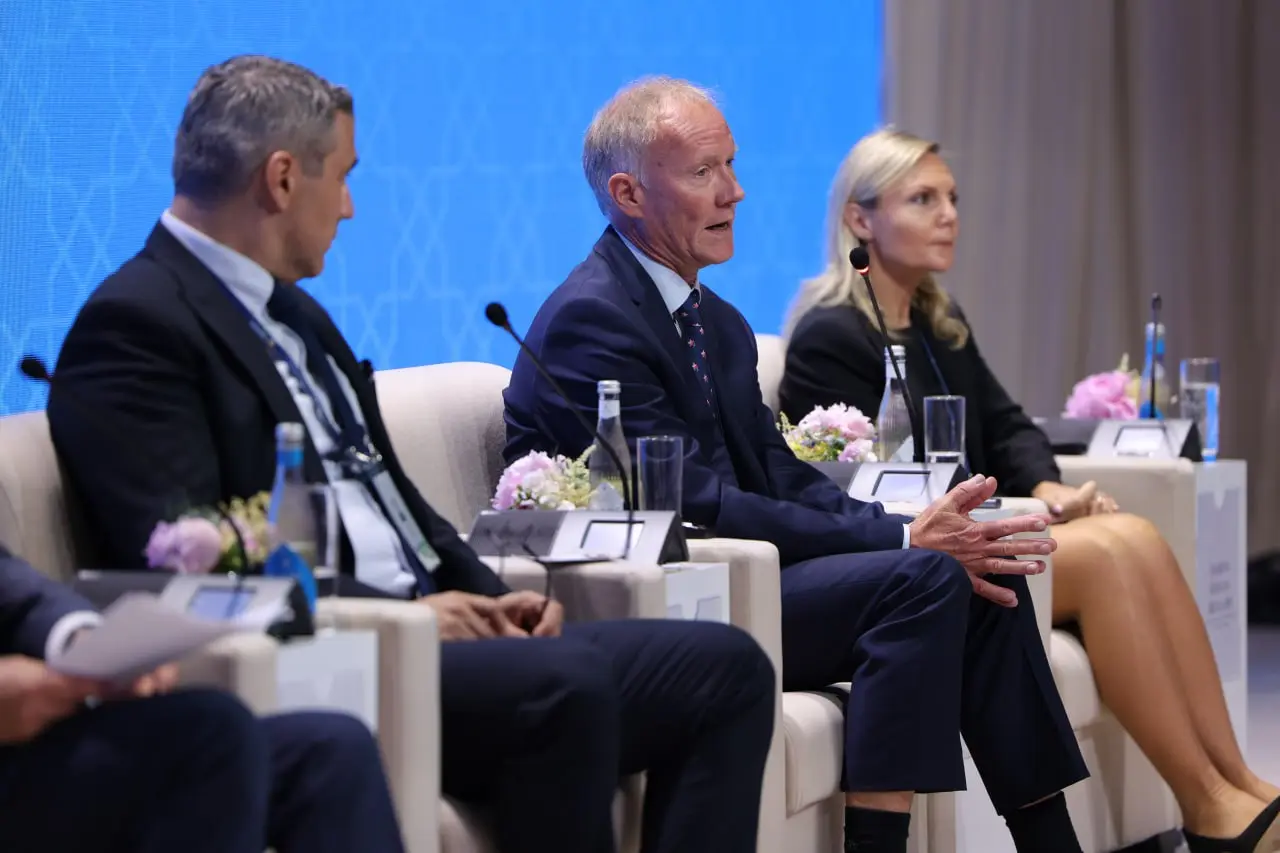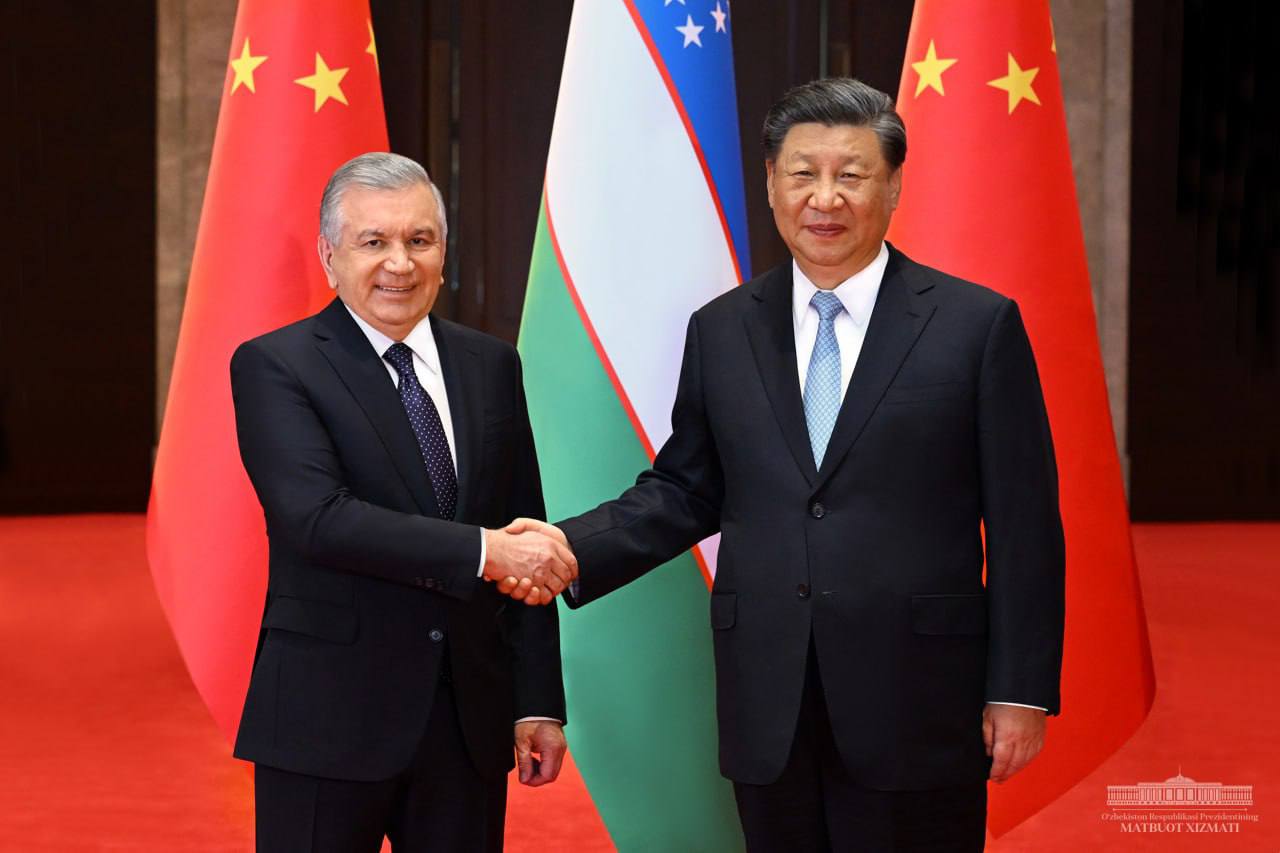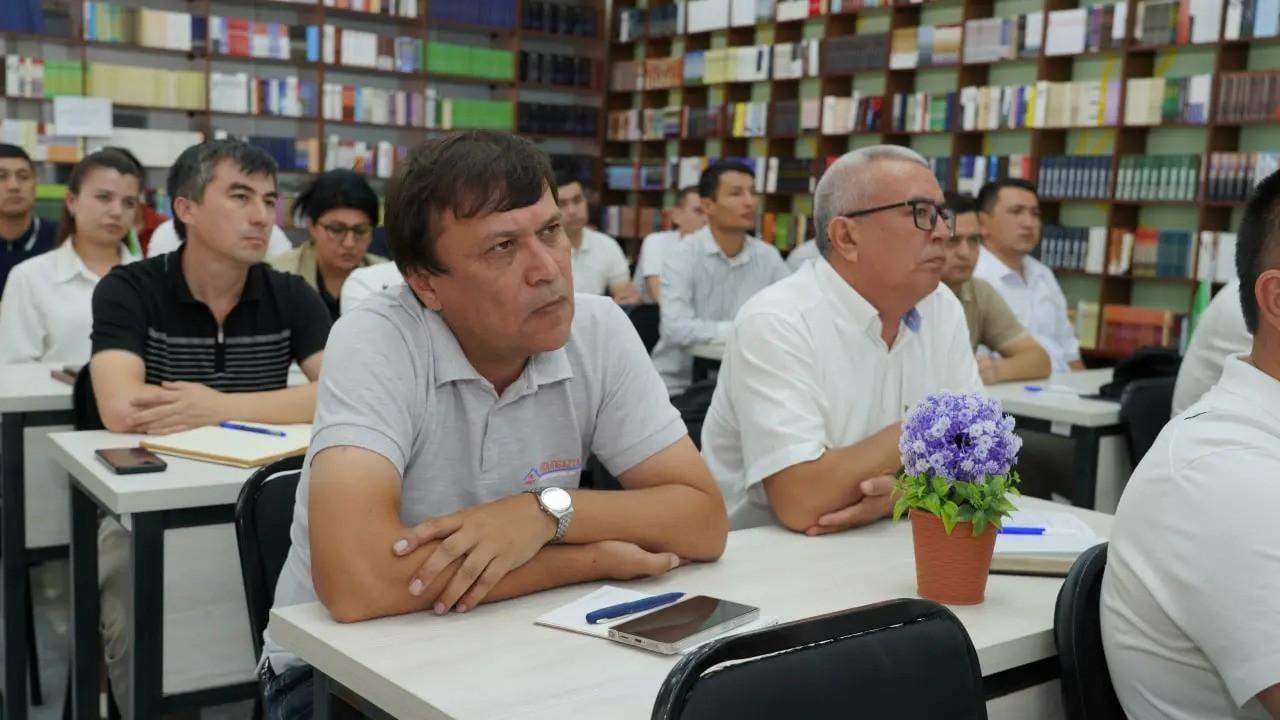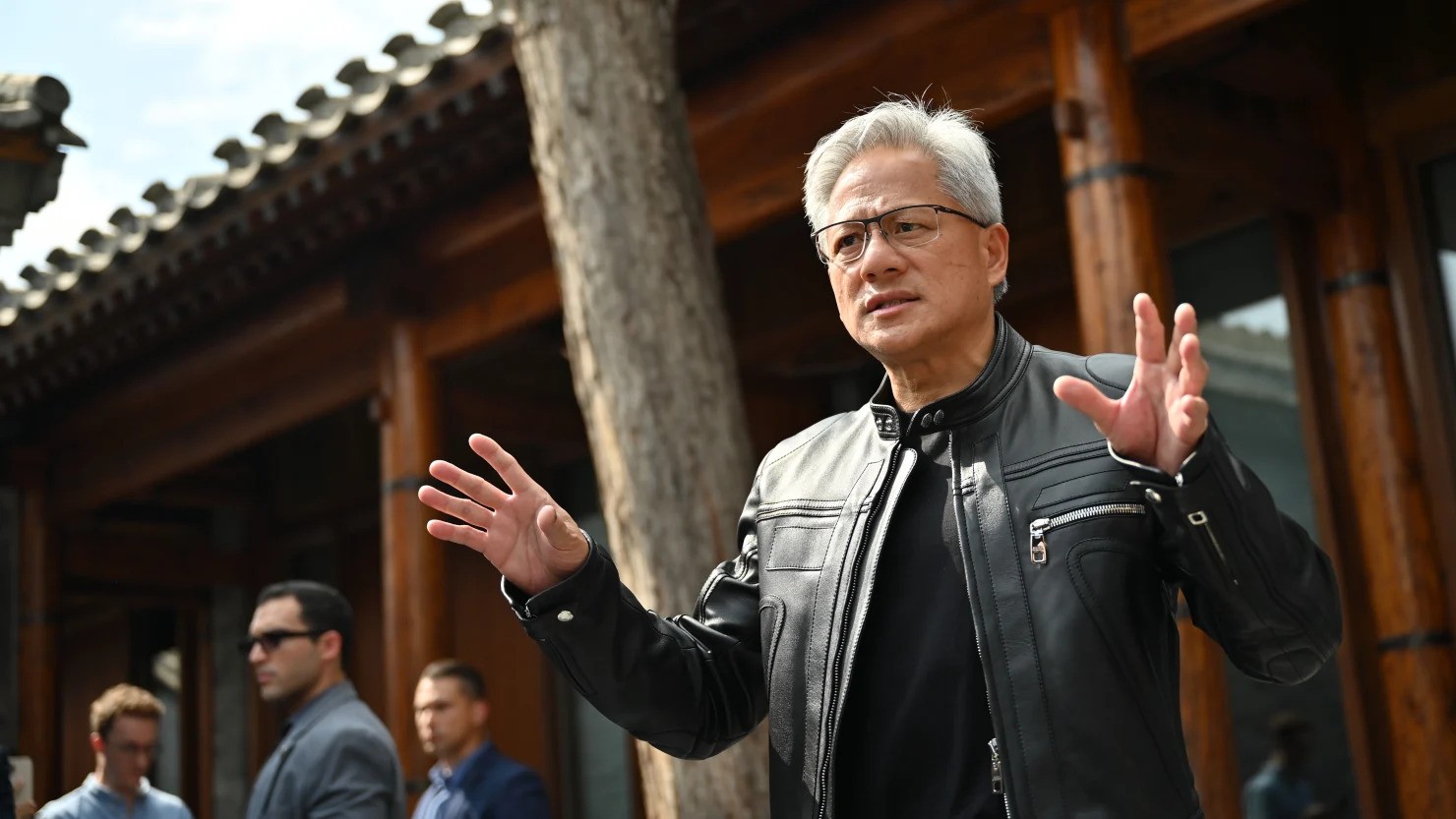The active phase of digital diplomacy continues in Samarkand: within the framework of the UN Civil Service Forum 2025, a number of strategically important meetings, discussions and forums aimed at developing digital governance, exporting IT services and integrating artificial intelligence technologies into the public sector were held.
One of the key events was the meeting of the Minister of Digital Technologies of Uzbekistan Sherzod Shermatov with the Minister of Migration of Sweden Johan Forssell. Discussions will focus on improving e-government services, expanding the export potential of the IT sector, and supporting youth employment through the development of remote and highly paid professions. The Swedish side highly appreciated the digital transformation taking place in Uzbekistan and confirmed its readiness for bilateral cooperation.
The forum also included talks between Minister Shermatov and Permanent Representative of the United Nations Development Programme (UNDP) in Uzbekistan Akiko Fuji. The participants of the meeting focused on the digital ecosystem of the country, in particular, on the management of state data, the creation of a database for artificial intelligence, as well as the role of the state in supporting startups. UNDP, in turn, highly appreciated the digital transformation processes in Uzbekistan, announced the launch of analytical work on the formation of high-quality AI data and confirmed its readiness to continue supporting digital reforms.
The digital transformation of Uzbekistan was also presented on the international stage within the framework of the GCC-Uzbekistan Digital and Tech Forum. The Forum brought together more than 700 participants, including about 300 foreign delegates from 39 countries. Representatives of the Gulf states, Asia, Europe and the United States discussed the prospects for the development of the IT ecosystem, digital government, smart infrastructure and interregional investment cooperation.
Minister Sherzod Shermatov delivered a keynote speech in which he noted the sustainable development of Uzbekistan as a technological center of Central Asia. Since the start of the reforms in 2017, the number of foreign IT companies operating in the country has increased significantly, and in 2025, the export of IT services will exceed the $1 billion mark for the first time. By 2030, the country aims to increase this figure to $5 billion annually.
Within the framework of the forum, strategic agreements were signed, including a memorandum of understanding between the IT Park of Uzbekistan and the innovation hub DIFC from the UAE, aimed at developing fintech startups and exporting digital services. Agreements were also signed with XPENCE and Trescon Group, which opens up new horizons for international cooperation and entry of Uzbek startups into world markets.
Another significant event was the announcement of the launch of the UNU-EGOV initiative in Uzbekistan. The special session discussed the role of artificial intelligence in improving public services. Representatives of the public and private sectors, international organizations and research centers emphasized the importance of ethical AI standards, including transparency of algorithms, protection of personal data and ensuring the right to appeal.
Minister Shermatov noted that the establishment of a strategic partnership with the UN University for Electronic Governance (UNU-EGOV) will allow Uzbekistan to become an active participant in the global AI ecosystem, exchange best practices with other Central Asian countries and strengthen its position on the digital map of the world.
The Central Asian Digital Government Forum, created with the support of UNU-EGOV, will become an additional platform for sharing knowledge, implementing innovative solutions and improving the efficiency of state institutions in the region.
Ongoing initiatives, negotiations and partnerships confirm the growing role of Uzbekistan as an active participant in the global digital space, focused on technological innovation, sustainable development and integration with international best practices.



